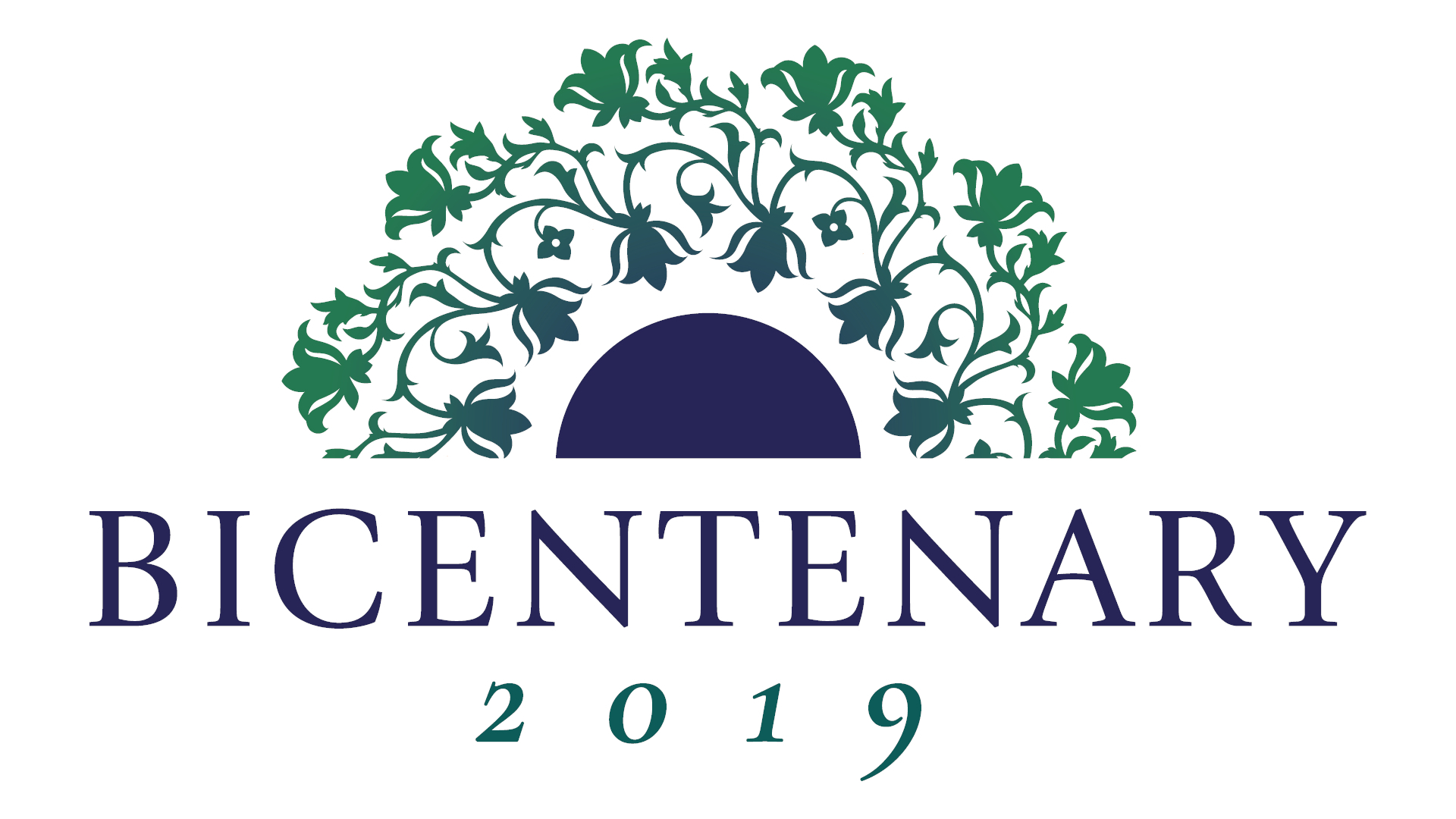
سرویس خبری جامعهٔ بهائی مجموعه مقالاتی را در دست انتشار دارد که به تدارکات جشنهای دویستمین سالگرد تولد حضرت باب میپردازند.
نایروبی، کنیا- همزمان با آماده شدن جوامع محلی در آفریقا برای جشنهای دویستمین سالگرد تولد حضرت باب، طیف متنوعی از اقدامات، این سالگرد تاریخی را مرکز توجه قرار میدهد. در ماههای قبل از این رویداد، پروژههای خلاقانه، جلسات شورانگیز برنامهریزی و تلاشها برای به اشتراک گذاشتن داستانهایی از زندگی حضرت باب در جریان است.
در کنیا، یک گروه فیلمساز در حال سفر در سراسر کشور است و دربارهٔ تاریخ آئین بهائی در هر منطقه با مردم مصاحبه میکند. فیلمسازان گفتگوهایی با برخی از اولین بهائیان کنیا ضبط کردهاند. بسیاری از این افراد چندین دهه قبل مجذوب آموزههای حضرت بهاءالله و حضرت باب شدهاند. ادوارد آمایا (Edward Amaya)، یکی از فیلمسازان این پروژه میگوید مصاحبه شوندگان در حالی که تاریخ آئین بهائی در کشورشان را بررسی میکردند، تاریخ اولیه این آئین در زمان حضرت باب را نیز یادآور میشدند.
آقای آمایا توضیح میدهد: «در جریان ضبط این مصاحبهها، دوستان جوانتری نیز همراه ما بودهاند که هم اکنون مشغول بررسی این هستند که چگونه میتوان این بهائیان سالمند را در جشنهای دویستمین سالگرد سهیم کرد.»
یک بهائی کنیایی دیگر که در مومباسا زندگی میکند در جوانی رهبر یک گروه کر بوده است و حال به جوانترها سرودهایی در مورد زندگی و تعالیم حضرت باب آموزش میدهد. در شمال این ناحیه در منطقهای ساحلی به نام کیلیفی (Kilifi)، دو تن از سالمندان که به دلیل بعد مسافت امکان شرکت در جشنهایی را که در مرکز بهائی برگزار میشود ندارند منازل خود را برای میزبانی جشنهای دویستمین سالگرد در اختیار گذاشتند.
در سایر کشورها، روسای قبایل در گفتگوی سازندهای در مورد بکارگیری آموزههای بهائی در روستاهایشان شرکت دارند. در یکی از این جلسات که در منطقهٔ پلاتو (Plateaux region) در جمهوری آفریقای مرکزی برگزار شد، رؤسای قبایل همچنین گرد هم آمدند تا آثار بهائی در مورد دعا، زندگی و مرگ و موضوعات دیگر را مطالعه کنند. در منطقهٔ کاسای غربی (Western Kasai) در جمهوری دموکراتیک کنگو، رؤسای قبایل که آموزههای بهائی را برای ادارهٔ روستاهایشان بکار میگیرند در مورد قوای تحولآفرین ظهور حضرت بهاءالله بحث و گفتگو کردند.
گروههایی از جوانان نیز برای تأمل بر نقش خود در اجتماع امروز گرد هم میآیند. در آفریقای جنوبی، چند صد جوان که مشغول فعالیتهای خدماتی در جوامعشان هستند در ماههای گذشته گرد هم آمدند تا در مورد مشارکت بیشتر در حیات اجتماعشان مطالعه و برنامهریزی کنند.
آقای ملینگانه پوسوایو (Mlingane Poswayo) که با گروهی از جوانان در منطقهٔ ماملودی (Mamelodi) شهر پرتوریا در آفریقای جنوبی کار میکند توضیح داد: «جوانان میتوانند خودشان را به عنوان افرادی ببینند که به پیشرفت جوامعشان کمک میکنند و این بینش به مرور شفافتر میشود». برای مثال، جوانان یکدیگر را حمایت میکنند تا تصمیمات اخلاقی مهمی بگیرند. همزمان برخی از این جوانان به حمایت از جوانان کم سن و سالتر برخاستهاند تا آنها را در مطالعه و انجام پروژههایی برای بهبود وضعیت زندگی در جوامعشان یاری کنند.
آقای پوسوایو اضافه کرد انتظار میرود ماه آینده در سرتاسر آفریقای جنوبی بیش از هزار نفر از جوانان در مجموعهای از گردهماییهای ویژه محلی شرکت کنند.
جوانان کیگالی در رواندا نیز در تدارک جشنهای دویستمین سالگرد، یک شب در هفته دور هم جمع میشوند. این گروه اخیراً بر پرورش مهارتهای داستانگویی تمرکز کردهاند. نسیم پارسا که در برگزاری این جلسات کمک میکند گفت: «جوانان عاشق این فضا هستند و از آن لذت میبرند. آنها دوستیهای صمیمانهتری شکل میدهند و بسیار باانگیزه هستند. مطالعه در مورد جوانان تاریخ آئین بهائی به ما کمک میکند تا در مورد زندگی و انتخابهای خودمان نیز تأمل کنیم.»
جلسات پرشوری نیز به این منظور در حال برگزاری است که شرکتکنندگان بتوانند در مورد جوامعشان و نحوهٔ خدمت صمیمانۀ خود تأمل کنند. در کامرون، صدها نفر در هشت کنفرانس که در سراسر کشور برگزار شده شرکت کردهاند. آلیدا ویربا (Alidu Wirba) یکی از بهائیان کامرون توضیح میدهد: «این جلسات، شرکتکنندگان را قادر ساخته تا گفتگوهای هدفمندی دربارهٔ شرکت در جشنهای دویستمین سالگرد تولد حضرت باب و تدارک آن داشته باشند.»


